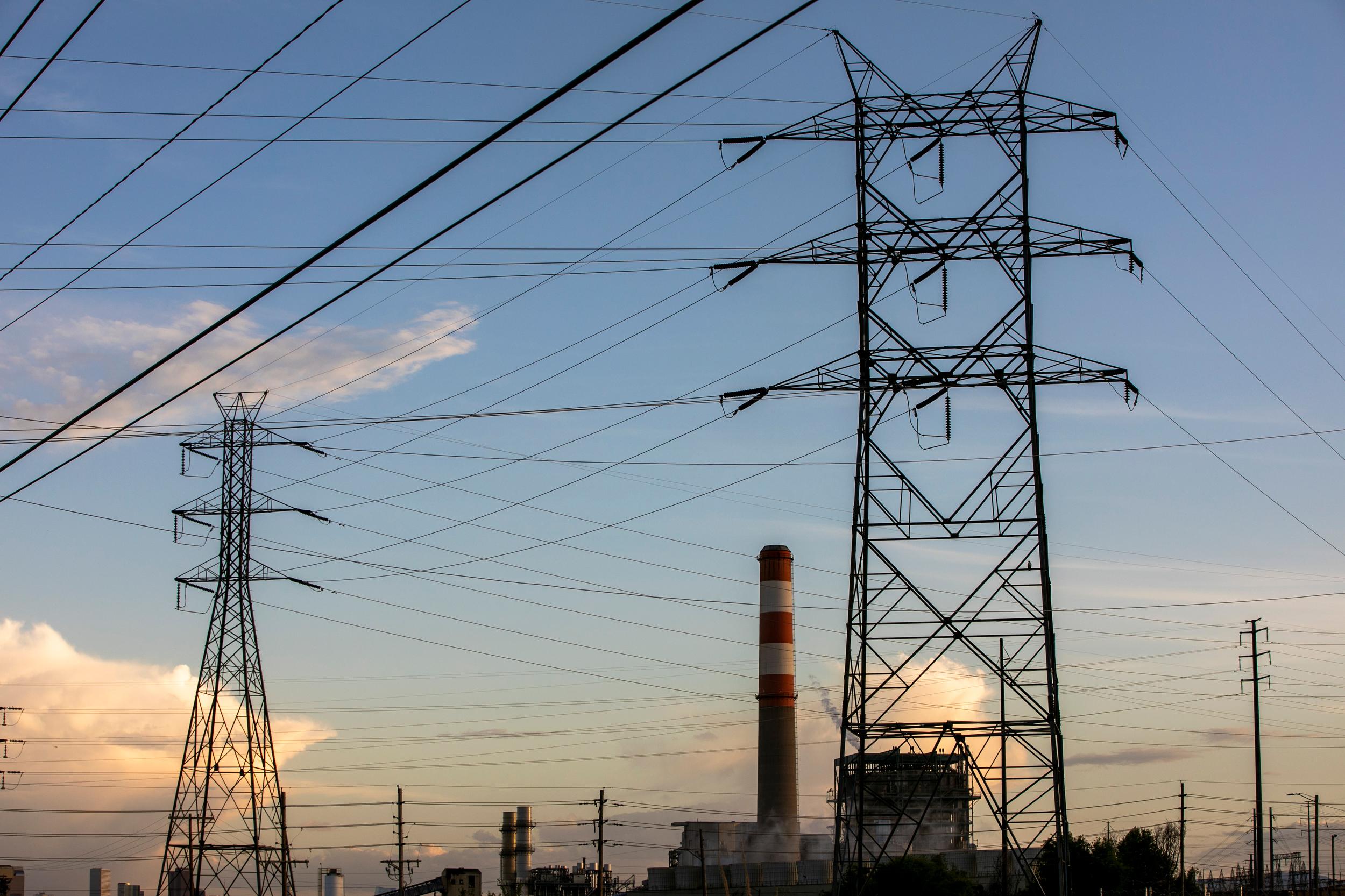
Summer heat has already spiked demand for power across the country. Regulators are warning massive heat waves could overwhelm the grid and force utilities in several states to issue rolling blackouts.
Colorado utilities have told the Public Utilities Commission they have enough power to avoid disruptions during this year's hottest months.
However, those companies and state regulators say plans to move beyond fossil fuels and serve a growing population have created uncertainty for electricity service next year.
CPR News spoke with representatives for Xcel Energy and the Colorado Public Utilities Commission to get an update on this summer’s power supply.
Could we get rolling blackouts or other outages this summer?
Probably not. Xcel Energy and Black Hills Energy, the state’s two public electric utilities, say they don't expect to cut service intentionally because of high energy demand. However, those utilities have recommended their customers look for ways to reduce their energy use, including unplugging small appliances and finding low-energy ways to stay cool.
Two of Xcel’s energy sources — a coal-fired generator in Pueblo and a hydropower plant west of Denver — are back in service after being offline earlier this year. The Colorado Public Utilities Commission says those power plants generate enough reserves for the company to use if there is a prolonged or unexpected heatwave.
Will Colorado’s grid stay strong if everyone has their air-conditioning units and appliances on?
Utilities like Xcel Energy think they will. Xcel spokesperson Kelly Flenniken said the company’s grid is built to run the way most people use energy, such as for air-conditioning.
“There certainly is a place for our customers to help and to make that bigger contribution in their behavior,” Flenniken said. “But we need to build a system assuming that behaviors kind of stay as they have or maybe change in some small ways.”
The biggest strain on Xcel’s energy demand isn’t air conditioning, Flenniken said: It’s the rapidly growing number of new customers as people continue to flock to the state.
Does my energy bill rise depending on when I use electric appliances?
Yes. Xcel and Black Hills have begun to charge more for energy used during hours of highest demand. Peak demand is usually between 3 p.m. and 7 p.m.; overnight or in the morning is considered “off-peak.” Xcel also has a program for commercial customers to save costs in exchange for reducing their energy use when the company anticipates extremely high demand.
Energy bills went up because of a cold snap last winter. Could the same thing happen because of a heatwave?
Much of that depends on the rest of the country. Natural gas prices skyrocketed during President’s Day weekend in 2021 because colder temperatures froze natural gas pipelines in other states. Interconnected western states expect to have limited resources this summer, which could make it difficult for Colorado to receive energy from them, said Public Utilities Commission chief economist Erin O’Neill.
Regulators expect utilities to use existing programs and strategies to lower energy use during extreme weather events, whether it’s a cold snap or a heatwave.
Is there a worst-case scenario that could lead to widespread outages in Colorado?
Flenniken with Xcel says there is. But it would take an extreme situation, such as several energy sources failing or being offline during an extended and unexpected heatwave.
So the grid will likely remain stable this summer?
Yes, but companies and regulators are worried about Summer 2023. Xcel says some of their solar projects slated to go online next year could be delayed by a federal trade investigation into solar parts from Asia. If that happens, the company’s energy reserves will fall significantly. Public Utilities Commission Chair Eric Blank said he’s concerned it could lead Xcel to delay the closure of another coal-fired generator in Pueblo later this year, although company executives have said they don’t expect that to be necessary.








